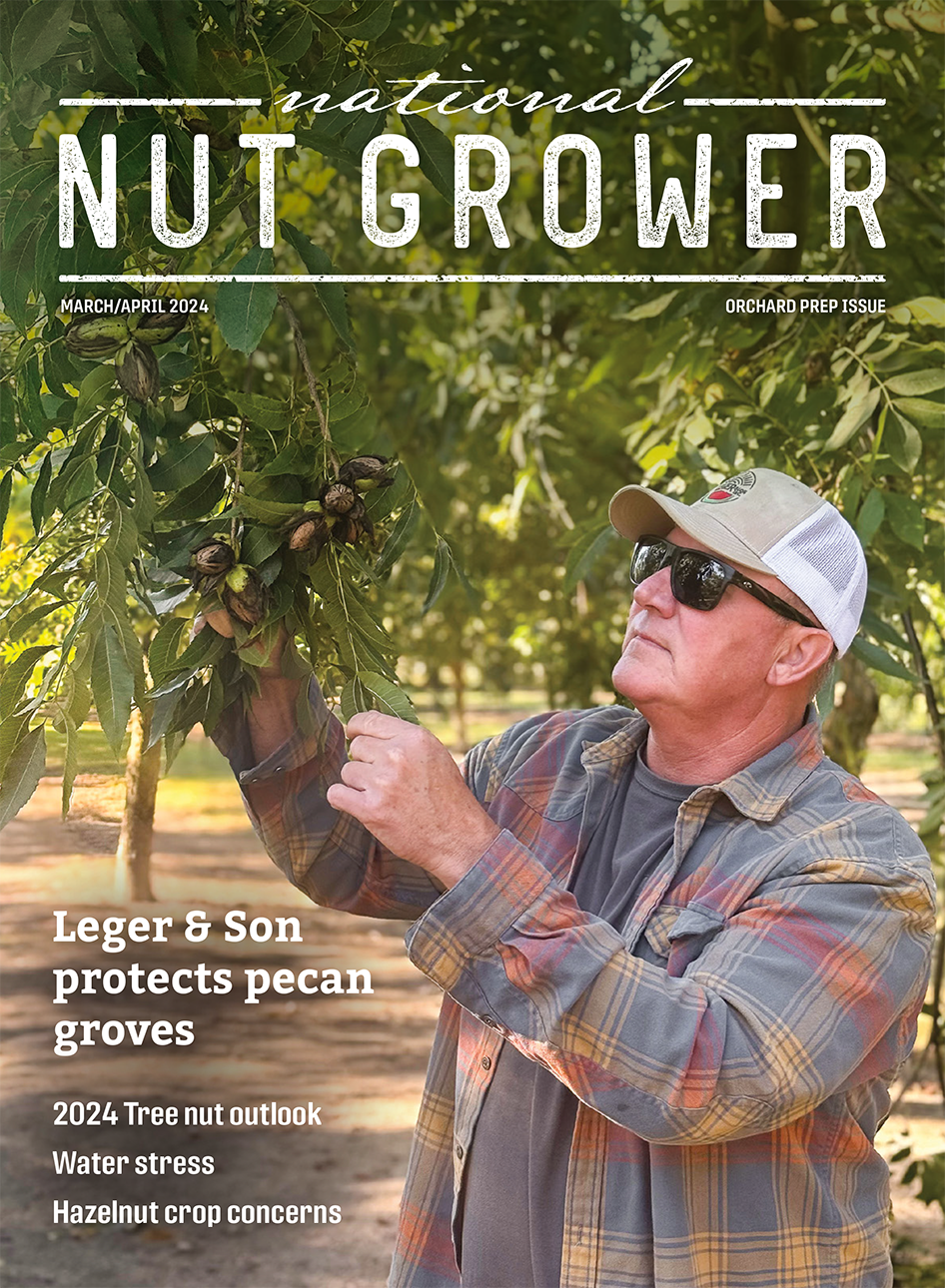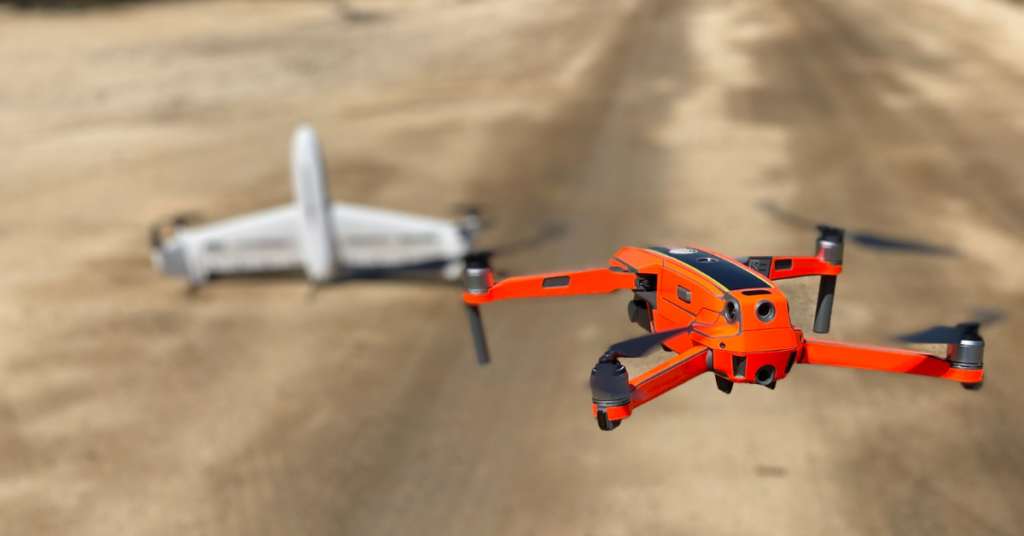
September/October 2023
Prepare for drone licensing
Drones or unmanned aerial systems (UAS) require special licensing to operate. The Federal Aviation Administration (FAA), which regulates drones, enforces numerous rules and separates drone users in terms of commercial and recreational operators.
Commercial drone operators must learn the rules, become an FAA-Certified Drone Pilot by passing the Knowledge Test, and registering drones with the FAA. Small drones weighing less than 55 pounds follow different rules, according drone-laws.com.
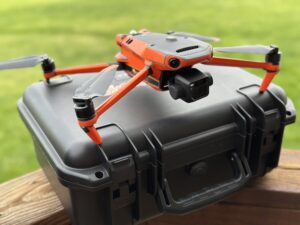
To be eligible for the Remote Pilot Certificate, operators must be at least 16 years old, able to read, write, speak and understand English, and be in a physical and mental condition to safely fly a drone. Registration is $5 and valid for 3 years, according to faa.gov/uas/commercial_operators.
The FAA website can be confusing, said Michael Reinke, Michigan State University Extension viticulture specialist and integrated pest management educator for fruits and vegetables. The best plan is for growers to contact a certified testing and training entity, which can guide growers through the requirements, he said.
**Read more about how the use of this tech aids disease detection, irrigation efficiencies in Drones over orchards.
“The biggest challenge to drones replacing traditional spraying equipment is the legal hurdle for lawful use of a drone,” Reinke said. Licensing comes from a portion of the government that most farmers never interact with. In order to fly a drone legally for use on a farm, a grower must obtain a Part 107 license. That license is not necessary if someone wants to fly a drone around their backyard and take videos of their children or dogs, he said.
In June, the FAA revised licensing requirements for agricultural spray use cases to make it easier for drones to be adopted as more producers become aware of and are purchasing spray drones, said Arthur Erickson, CEO and co-founder of Hylio, Inc., a Houston, Texas, agricultural technology company.
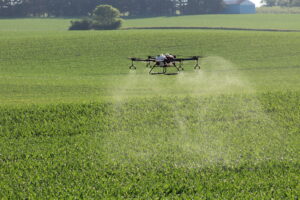
“Historically, the FAA’s Part 137 Certification process has been the most time-consuming regulatory hurdle for people seeking to operate spray drones within the U.S., sometimes taking 12+ months from start to finish,” Erickson said. The process involved submitting paperwork, a local FAA office administering an inspection and competency evaluation, and then an applicant waiting several months to receive approval or rejection. The revised process is expected to trim the time to perhaps one to two months at most.
“This is naturally a game-changer for farmers/ operators who have been considering utilizing UAS in their operations,” Erickson said. “With this barrier to entry lowered, we in the industry expect proliferation and adoption of UAS in the agricultural sector to reach unprecedented levels.”
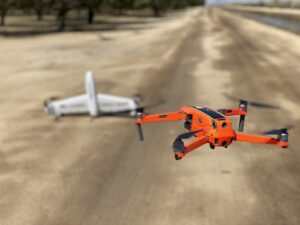
Reinke said he is hearing how many private growers who purchased larger spray drones are trying to use them without becoming certified. “It is like driving a car without a driver’s license or applying restricted use pesticides without a license,” he said. “You may be getting away with it today, but someday you will get caught. And it will not be good for you or the developing drone application industry.”
Depending on the location and nature of drone operations, local authorities may impose other licensing or permitting requirements. The associated costs, including application fees or renewals, may be part of the outsourcing expenses, said Chad Colby, agricultural technologist and owner of ColbyAgTech.com. “It’s important to discuss and clarify all expenses with the drone service provider before entering into an agreement,” he said. “The provider should provide a detailed breakdown of costs, including any additional fees or potential extra charges, to ensure transparency and avoid surprises.”







